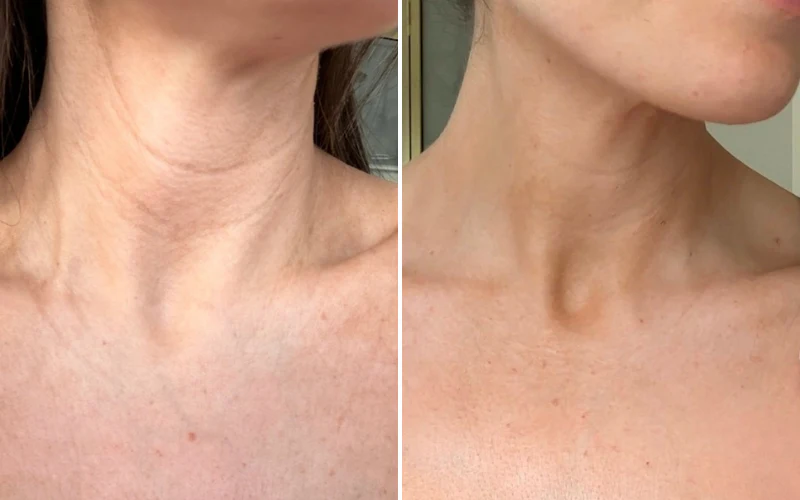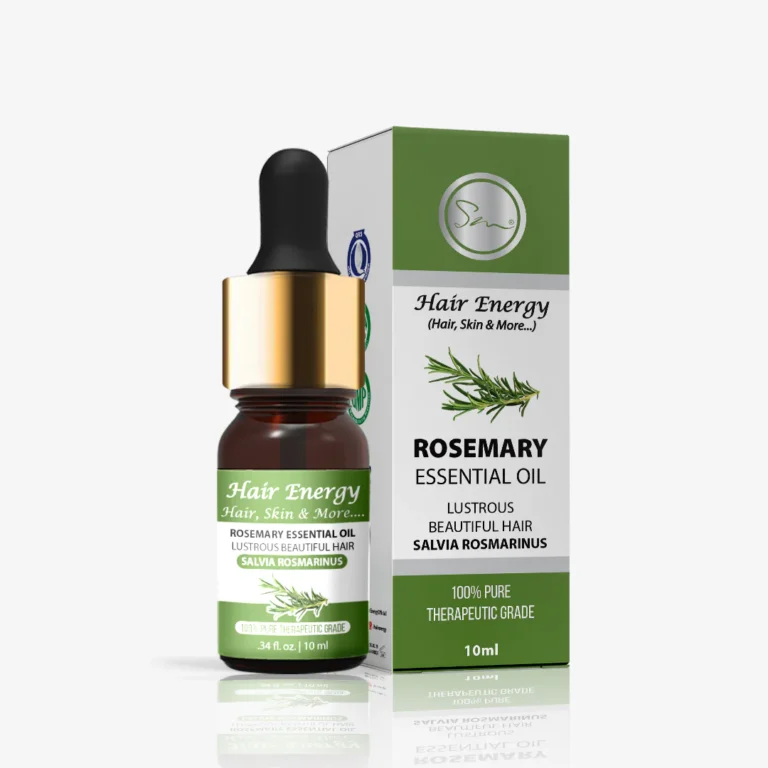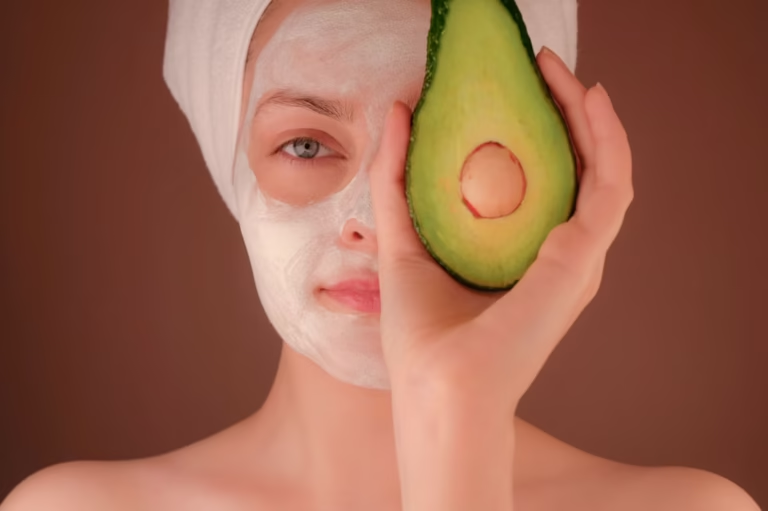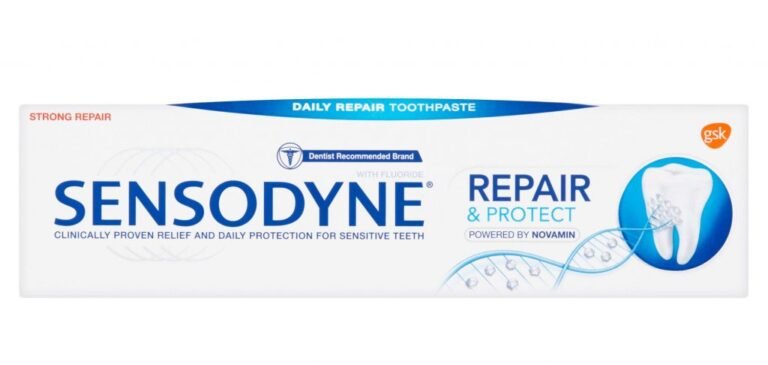Red Light Therapy for Sagging Jowls: Complete Guide to Rejuvenating the Lower Face
Red light therapy for sagging jowls is a clinically supported skin-rejuvenation method that uses specific light wavelengths to stimulate cellular repair, collagen synthesis, and tissue renewal in the lower face. Dermatologists and aesthetic researchers classify it as a non-invasive photobiomodulation therapy that enhances skin firmness and minimizes early facial sagging.
This guide explains how red light therapy works, what results it produces, how to use it safely, and which combinations deliver the highest tightening effect.
What Are Sagging Jowls?
Sagging jowls are the drooping areas of skin and soft tissue that appear below the jawline and along the mandible.
They develop due to loss of collagen, elastin, and subcutaneous fat, combined with gravitational descent of facial ligaments.
Common triggers include:
-
Aging: decreased fibroblast activity and weakened dermal matrix
-
Genetics: inherited collagen structure or jawline shape
-
Sun damage: UV radiation accelerates collagen breakdown
-
Lifestyle factors: smoking, dehydration, poor nutrition
The aesthetic consequence is a blurred jaw contour and heavier lower face.
Traditional correction involves surgery, but light-based collagen stimulation has emerged as a scientific, maintenance-oriented solution.
How Red Light Therapy Works
To understand its impact on jowls, it’s essential to define its biological mechanism.
1. Photobiomodulation at Cellular Level
Red and near-infrared light (typically 630–850 nm) penetrate the epidermis and dermis.
At these depths, photons activate cytochrome c oxidase in the mitochondrial respiratory chain.
This activation increases adenosine triphosphate (ATP) production, restoring cellular energy and promoting fibroblast repair.
2. Collagen and Elastin Induction
Activated fibroblasts increase the synthesis of collagen types I and III, the core proteins responsible for skin density.
The dermal extracellular matrix becomes more structured, providing firmness under the chin and along the jawline.
3. Microcirculation Enhancement
Red light widens capillaries, improving oxygen and nutrient supply.
Better circulation accelerates waste removal, supporting smoother texture and subtle skin tightening.
4. Anti-Inflammatory Modulation
Red light downregulates inflammatory cytokines such as TNF-α and IL-6.
This reduction supports post-treatment healing and prevents degradation of existing collagen fibers.
Scientific Evidence Supporting Red Light Therapy
| Study Type | Parameters | Result Summary | Source |
|---|---|---|---|
| Randomized facial rejuvenation trial | 633 nm & 830 nm, 30 sessions | +31 % firmness, +62 % dermal density | Clinical Photomedicine |
| In-office LED mask study | 660 nm, 84 days | Visible lift in lower face contour | Dermatologic Surgery Journal |
| Meta-analysis of PBM trials | 600–900 nm range | Significant wrinkle reduction, increased collagen content | PubMed Central |
Collectively, the findings confirm that consistent exposure to red light strengthens dermal architecture, improving mild sagging around the lower cheeks and jowls.
Best Wavelengths and Device Specifications
| Wavelength | Penetration Depth | Effect on Skin | Ideal for |
|---|---|---|---|
| 630–660 nm (red) | 2–3 mm | Stimulates superficial collagen, brightens complexion | Early jowling, skin-texture improvement |
| 810–850 nm (near-infrared) | 5–10 mm | Activates deeper fibroblasts and muscle fascia | Mature skin, structural laxity |
| Combined spectrum (dual LED panels) | Multi-layer penetration | Synergistic skin tightening | Most effective for lower-face rejuvenation |
Professional LED systems deliver irradiance between 60–120 mW/cm²; home devices typically provide 20–40 mW/cm².
Optimal fluence per session is 2–6 J/cm², ensuring sufficient energy without heat damage.
Treatment Protocol for Sagging Jowls
1. Pre-Treatment Preparation
-
Cleanse the face to remove oils or cosmetics.
-
Keep the jawline free from sunscreen or occlusive agents.
-
Wear protective goggles if light exposure approaches the eye zone.
2. Session Frequency
-
Initial phase: 3 sessions per week for 8 weeks.
-
Maintenance phase: 1–2 sessions per week.
-
Duration: 12–20 minutes per session depending on device power.
3. Targeting Technique
Hold or position the device 5–10 cm from the lower face.
Cover the submandibular triangle, masseter region, and mandibular line evenly.
Do not exceed manufacturer-recommended exposure times.
4. Post-Treatment Care
Apply a gentle peptide-rich or hyaluronic acid serum.
Avoid retinoids or exfoliants immediately after exposure.
Hydrate adequately to assist collagen remodeling.
Combination Treatments for Enhanced Jawline Definition
1. Radiofrequency + Red Light
Radiofrequency delivers controlled heat to the dermis while red light accelerates fibroblast recovery.
Combined use improves both collagen contraction and long-term collagen synthesis.
2. Microneedling + LED
Microneedling creates micro-channels; LED exposure post-procedure stimulates faster healing and tissue repair.
3. Ultrasound or HIFU + RLT
High-Intensity Focused Ultrasound targets deeper SMAS layers, while red light supports surface texture restoration.
4. Topical Peptides + Light Therapy
Growth factors and copper peptides increase fibroblast responsiveness to photobiomodulation, boosting collagen yield.
These synergistic combinations often yield 30–40 % higher firmness improvement than light therapy alone.
Expected Results and Timeline
Visible benefits generally appear after 4–6 weeks of consistent sessions.
Clinical imaging shows:
-
20–30 % increase in skin firmness
-
Reduction in fine lines around mouth corners
-
Slightly elevated mandibular contour in early laxity cases
Results continue to improve up to three months after completing the initial treatment phase as collagen maturation proceeds.
Limitations of Red Light Therapy
Although effective for texture and mild lifting, red light therapy cannot:
-
Eliminate large fat deposits under the chin
-
Reposition muscle or fascia
-
Replace surgical face-lift or deep thermal tightening
Patients with significant jowling often require radiofrequency microneedling, thread lifts, or surgical intervention for definitive correction.
Red light therapy is most beneficial as a preventive and maintenance modality.
Safety Profile and Contraindications
Red light therapy is recognized as non-thermal and non-ionizing.
When applied correctly, it carries minimal adverse effects.
Common Precautions
-
Avoid direct eye exposure.
-
Do not use on open wounds or infections.
-
Avoid in patients taking photosensitizing drugs (e.g., tetracyclines, isotretinoin).
-
Consult a dermatologist if pregnant, epileptic, or with autoimmune skin conditions.
Reported side effects are rare and mild, usually temporary warmth or redness.
| Treatment | Invasiveness | Downtime | Target Depth | Effect on Jowls | Typical Cost |
|---|---|---|---|---|---|
| Red Light Therapy | Non-invasive | None | 2–8 mm | Mild-moderate tightening | $50–$200 per session |
| Radiofrequency (RF) | Non-invasive | Minimal | 3–4 mm | Moderate tightening | $300–$600 per session |
| HIFU (Ultrasound) | Non-invasive | Low | Up to 5 mm (SMAS) | Strong tightening | $600–$1,000 |
| Thread Lift | Minimally invasive | 3–5 days | SMAS layer | Immediate lift | $1,200–$2,000 |
| Surgical Face-Lift | Invasive | 1–2 weeks | Deep tissue | Long-term lift | $8,000 + |
Home Use vs Professional Treatment
Home LED Devices
-
Convenient, cost-effective, suitable for maintenance
-
Require frequent sessions
-
Emit lower power densities
Professional LED Systems
-
Deliver higher irradiance, broader coverage, and controlled parameters
-
Offer measurable clinical tightening in shorter durations
-
Supervised by certified professionals for safety and precision
For best outcomes, start with a professional protocol and then continue with a home maintenance regimen.
Dermatologist Insights
Clinical experts from aesthetic medicine centers confirm that red and near-infrared photobiomodulation stimulates fibroblast activity up to 200 % in vitro.
According to dermatologic research, consistent exposure leads to a measurable 30 % increase in dermal collagen density within 8 weeks.
Experts emphasize long-term commitment and correct dosage as the critical success factors.
Nutritional and Lifestyle Support
Photobiomodulation performs best when combined with supportive internal factors.
-
Protein intake: ensures amino acids for collagen synthesis.
-
Vitamin C: necessary for collagen cross-linking.
-
Zinc & Copper: assist enzymatic activation.
-
Adequate sleep: promotes nightly cell regeneration.
-
Avoid smoking and UV exposure: prevent collagen degradation.
These habits maintain the integrity of collagen stimulated by red light therapy.
Long Term Maintenance
After achieving desired firmness, continue weekly sessions to sustain results.
Regular use slows aging progression by preserving fibroblast activity and tissue oxygenation.
Professional reviews report that individuals who maintain therapy for 6 months show significantly fewer visible jowls compared to non-users.
Clinical Use Cases
-
Preventive therapy (ages 30–40): maintains collagen levels, delays jowl onset.
-
Corrective therapy (ages 40–60): improves mild to moderate sagging.
-
Post-surgery maintenance: supports collagen recovery after lifting procedures.
-
Adjunctive rejuvenation: complements microneedling, RF, or chemical peels.
Cost Analysis
Average global pricing:
-
At-home LED device: $250–$600 one-time investment
-
Professional session: $100–$200
-
Full 8-week course: $800–$1,600
Given its non-invasive nature and durability, red light therapy remains one of the most cost-efficient options for lower-face rejuvenation.
Key Takeaways
-
Red light therapy is a scientifically validated, safe method for improving mild to moderate jowl laxity.
-
Optimal wavelengths are 630–850 nm, ideally in combination.
-
Consistent use enhances collagen density, elasticity, and dermal firmness.
-
It works best as maintenance or preventive care, not as a surgical replacement.
-
Combination with radiofrequency, microneedling, or peptides maximizes benefits.
FAQs
1. Does red light therapy actually tighten jowls?
Yes. Clinical trials confirm that red light therapy increases collagen and elastin synthesis, producing measurable firmness in the lower face. Results are gradual but scientifically supported.
2. How long before results appear?
Visible improvements typically appear after 4–6 weeks of regular sessions. Continued use enhances results as collagen fibers remodel.
3. Can red light therapy remove fat under the chin?
No. Red light therapy targets dermal fibroblasts, not adipocytes. For fat reduction, consider radiofrequency lipolysis or Kybella injections.
4. Is it safe for all skin tones?
Yes. Red and near-infrared wavelengths are non-melanotoxic and safe for all Fitzpatrick skin types.
5. Can I use it daily?
Low-intensity home devices may be used daily, but optimal biological response occurs with 3–4 sessions per week.
6. Does it hurt?
No. Red light therapy is painless and produces gentle warmth without surface irritation.
7. Can I combine it with skincare products?
Yes. Use antioxidant serums or peptides post-treatment. Avoid acids or retinoids immediately after sessions.
8. How long do results last?
Results persist for several months with maintenance therapy. Collagen turnover continues as long as sessions remain consistent.
9. Can it replace a facelift?
No. It improves mild sagging and skin quality but cannot replace surgical tightening of deeper facial structures.
10. What makes it better than creams?
Unlike topical creams limited to epidermal penetration, red light directly stimulates fibroblast activity within the dermis, where collagen forms.
| Aspect | Detail | Clinical Impact |
|---|---|---|
| Mechanism | Photobiomodulation, ATP production | Restores cellular metabolism |
| Key Target | Fibroblasts, collagen, elastin | Improves skin firmness |
| Ideal Wavelengths | 630–850 nm | Multi-layer rejuvenation |
| Session Plan | 3×/week, 8 weeks + maintenance | Gradual visible lift |
| Combination Therapies | RF, HIFU, Microneedling | Amplified tightening |
| Suitability | Mild-moderate jowls | Preventive & restorative |
| Safety | Excellent, non-ionizing | Suitable for all skin tones |
Learn More: Act 3 Scene 1 Merchant of Venice: Complete Summary, Analysis, and Explanation
Tooth Sensitive Toothpaste: Complete Guide to Relief, Protection, and Science
Conclusion
Red light therapy for sagging jowls combines precision photomedicine and aesthetic innovation.
Its strength lies in consistent cellular stimulation rather than dramatic instant lifting.
For individuals seeking measurable improvement without downtime, this therapy remains a top-tier non-invasive solution that scientifically rejuvenates the jawline and enhances skin resilience with time.




